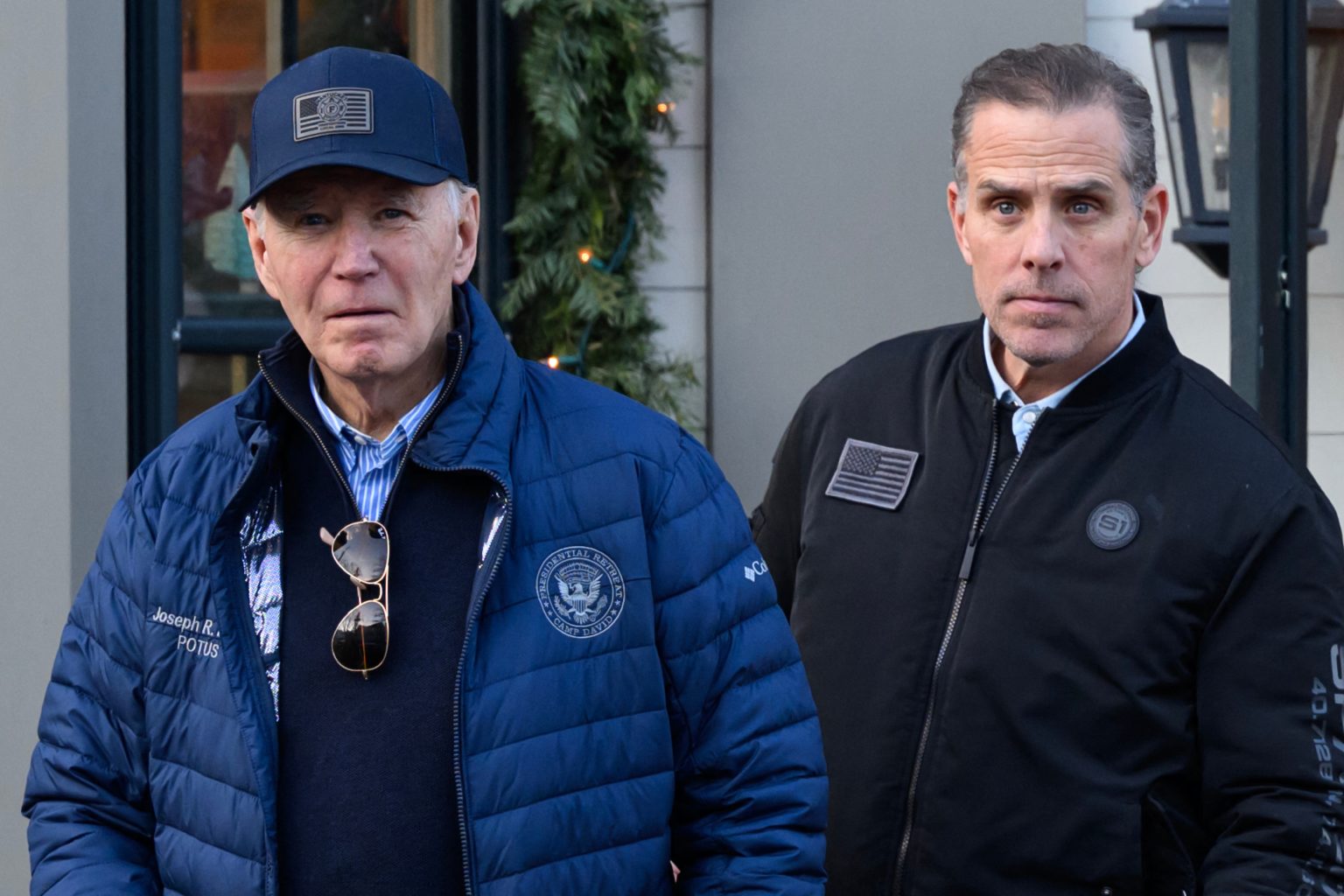Donald Trump’s recent Truth Social post questioning the scope of President Biden’s pardon of his son, Hunter, has ignited a debate surrounding presidential pardons, their fairness, and potential political motivations. Trump’s post specifically linked Hunter’s pardon to the January 6th defendants, many of whom remain incarcerated, suggesting a double standard in the application of presidential clemency. The crux of the argument revolves around the perceived disparity between the gravity of Hunter Biden’s offenses, which include tax evasion and gun charges, and the comparatively lesser offenses of many January 6th participants, some of whom face lengthy sentences for non-violent crimes. This contrast fuels the narrative of political persecution and raises questions about the equitable administration of justice.
Hunter Biden’s pardon, encompassing all federal crimes committed since 2014, has been met with widespread disapproval, with polls indicating only a minority of Americans supporting the decision. Critics contend that this blanket pardon not only exonerates Hunter for known crimes but also preemptively shields him from potential future charges related to his business dealings, particularly his involvement with the Ukrainian energy company Burisma. This preemptive aspect of the pardon has drawn comparisons to Gerald Ford’s pardon of Richard Nixon, though critics argue that the Biden pardon is even broader in its scope. The timing of the pardon, shortly after Hunter’s guilty pleas, coupled with President Biden’s previous assertions that he would not pardon his son, has fueled accusations of hypocrisy and a potential attempt to obstruct future investigations into Hunter’s activities that might implicate the President himself.
The controversy surrounding Hunter’s pardon has further intensified the discussion about the January 6th defendants and the possibility of future pardons. Trump, during his 2024 campaign, pledged to pardon these individuals, many of whom were convicted of trespassing and other non-violent offenses related to the Capitol breach. The perceived leniency afforded to Hunter Biden strengthens the argument for pardoning the January 6th participants, with proponents claiming they were also victims of political persecution and disproportionately harsh sentences. The comparison between the two situations creates a stark image: Hunter Biden, despite admitting to serious financial and firearm offenses, walks free, while numerous individuals involved in the January 6th events, some with less severe charges, remain incarcerated.
Trump’s potential decision to pardon the January 6th defendants now becomes more politically palatable, even justifiable, in the wake of Hunter Biden’s pardon. The perceived double standard set by President Biden provides Trump with a powerful defense against any criticism he may face for fulfilling his campaign promise. He can simply point to Biden’s actions as precedent, arguing that if a president can pardon his own son for serious crimes, then pardoning individuals involved in the January 6th events, many of whom faced less severe charges, is equally justifiable. This dynamic further politicizes the issue of presidential pardons, transforming them into tools for political maneuvering and score-settling.
The author, Paul du Quenoy, argues that Biden’s actions remove any constraints Trump might have felt regarding future pardons. The precedent set by the Hunter Biden pardon, perceived as both broad and politically motivated, creates an environment where future pardons, particularly of the January 6th defendants, become not only politically feasible but perhaps even strategically advantageous. Trump can frame such pardons as acts of fairness, correcting the imbalances created by what he perceives as the politically motivated prosecution of his supporters. This sets the stage for a potential wave of pardons should Trump return to the presidency, potentially reshaping the narrative surrounding the January 6th events and further deepening the political divide.
The controversy surrounding the Hunter Biden pardon and its implications for the January 6th defendants highlights the complex intersection of law, politics, and presidential power. The use of pardons, traditionally seen as a tool for mercy and reconciliation, has become increasingly politicized, raising concerns about their fairness and potential for abuse. The contrasting cases of Hunter Biden and the January 6th defendants serve as a microcosm of this larger debate, prompting questions about the equitable application of justice and the role of political considerations in the exercise of presidential power. The ongoing discussion underscores the need for a deeper examination of the purpose and boundaries of presidential pardons to ensure their responsible and impartial application.

